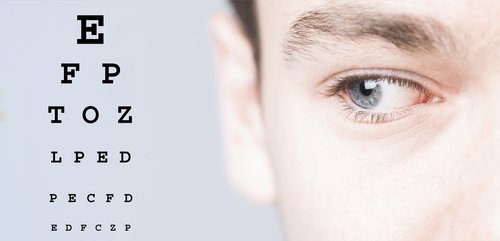Enrollment Completed in Second Phase 3 Trial of GS010 for Mitochondria Disease of the Eyes

GenSight Biologics has completed enrollment in a second Phase 3 clinical trial of GS010 as a treatment for the mitochondria eye disease Leber’s Hereditary Optic Neuropathy, or LHON.
Both trials are evaluating GS010 as a therapy for LHON that stems from a mutation of the ND4 mitochondria gene.
The hallmark of the inherited disease is progressive degeneration of the retinal ganglion cells that are responsible for the eyes forming images. LHON, which has no symptoms and mainly affects young adults, gradually leads to vision impairment or blindness.
One of the Phase 3 trials that GenSight has been conducting is the RESCUE study (NCT02652767) whose enrollment was just completed. Enrollment in the REVERSE study (NCT02652780), was completed earlier.
Both trials are assessing the therapy in patients whose disease stems from the ND4 gene’s G11778A mutation. Patients are receiving a single injection of the gene therapy to their eyes.
GS010 delivers functional ND4 to retinal ganglion cells. This increases levels of the ND4 protein that the faulty gene fails to produce. The higher protein levels re-establish normal mitochondria activity.
GenSight is using a proprietary technology platform — mitochondrial targeting sequence — to develop its gene therapies.
The 37 people in the RESCUE trial began losing vision less than six months before enrollment. The 36 in the REVERSE study had lost vision for seven to 12 months.
Researchers are conducting the trials at seven centers in France, Germany, Italy, the United Kingdom, and the United States.
“The completion of enrollment in our RESCUE Phase 3 Study of GS010 is a significant accomplishment for GenSight and for the LHON Community,” Bernard Gilly, CEO of GenSight Biologics, said in a press release. “We have now completed enrollment in both of our ongoing Phase 3 studies [RESCUE and REVERSE] and look forward to reporting data in the first half of 2018.”
Interim results of the REVERSE trial are expected by the second quarter of 2018, and for the RESCUE trial by the third quarter of 2018.
“We are very excited to be part of the RESCUE and REVERSE trials with GS010,” said Dr. Mark Moster, a neuro-ophthalmologist at Wills Eye Hospital in Philadelphia who is the study investigator. “Safety and pharmacodynamics results seen in the Phase 1/2 study are particularly encouraging, and if confirmed in these Phase 3 trials, GS010 could be a potentially transformative treatment for LHON, and a fantastic hope for patients and their families.”
Both the U.S. Food and Drug Administration and the European Medicines Agency have granted GS010 orphan drug status, a designation aimed at speeding its regulatory approval.






